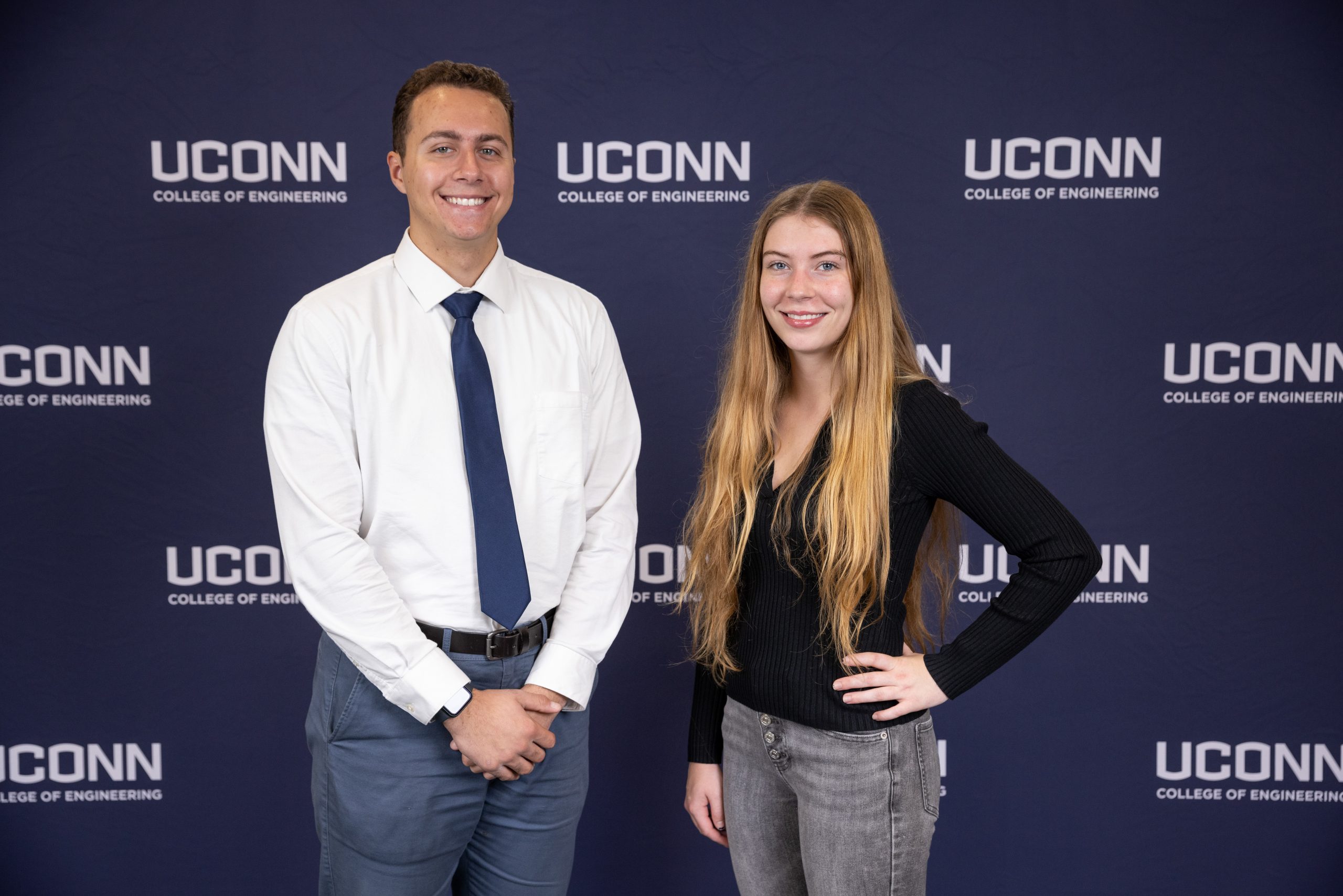
Team 3
Team Members |
Faculty Advisor |
Justin Coe |
Dr. Lesley Frame Sponsor General Dynamics Electric Boat |
sponsored by
Sponsor Image Not Available
Ductility Dip Cracking in Welded 70/30 CuNi
This project, sponsored by General Dynamics Electric Boat (GDEB), aims to address Ductility Dip Cracking (DDC) in 70/30 Copper-Nickel (CuNi) alloys, a solid-state cracking phenomenon that affects weld integrity and complicates manufacturing and repair in marine applications. Understanding the mechanisms behind DDC is essential for developing strategies to improve the weldability and durability of these alloys. The project will investigate the effects of welding parameters, alloy composition, and microstructure on DDC susceptibility through a combination of experimental and computational analysis. To achieve this, 70/30 CuNi cast specimens will be produced at the UConn foundry, welded at GDEB, and subsequently analyzed. The welding process will utilize Gas Tungsten Arc Welding (GTAW) with controlled variations in heat input to assess their impact on DDC formation. The team will conduct microstructural characterization using techniques such as Visual Light Microscopy (VLM) and Energy Dispersive X-ray Specroscopy (EDXS) to examine secondary dendrite arm spacing (SDAS) and interstitial segregations. Additionally, Density Functional Theory (DFT) simulations may be employed to model the role of defect inclusions in influencing DDC susceptibility. By developing data-driven weldability process maps, this project will provide GDEB with guidelines to optimize welding parameters, minimize cracking, and enhance weld quality. These findings will contribute to improving first-time weld success rates, reducing repair and scrapping costs, and advancing marine welding technology. The research will not only benefit GDEB but also have broader implications for the marine industry and manufacturers utilizing CuNi alloys in corrosion-resistant applications.
